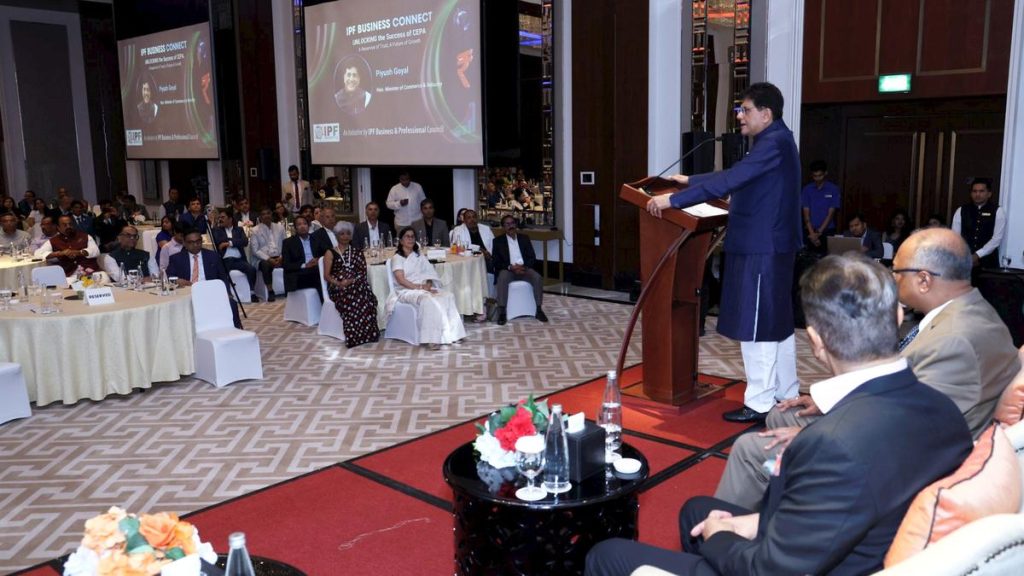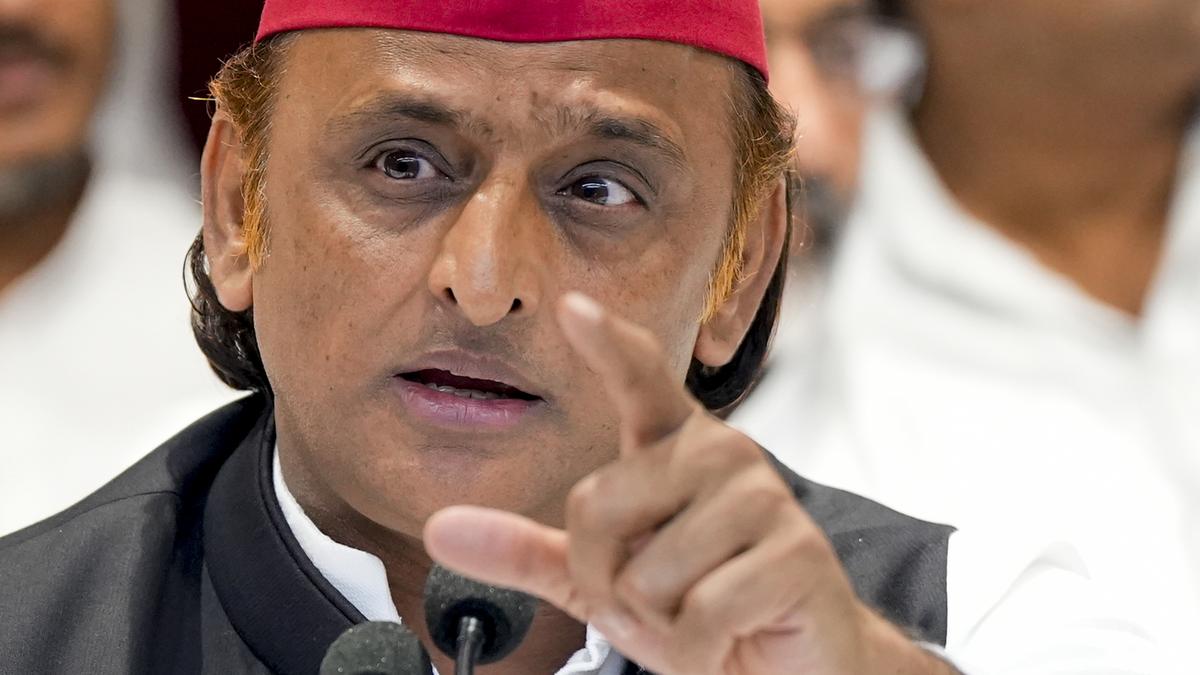Now Reading: Six-Week-Old Baby Successfully Undergoes Cataract Surgery in Bengaluru
-
01
Six-Week-Old Baby Successfully Undergoes Cataract Surgery in Bengaluru
Six-Week-Old Baby Successfully Undergoes Cataract Surgery in Bengaluru

Speedy Summary
- A six-week-old infant underwent triumphant congenital cataract surgery at Nethradhama Super Speciality Eye Hospital.
- The baby suffered from a dense monocular congenital cataract in one eye, with a fibrous plaque on the posterior capsule.
- Surgery was prioritized to prevent irreversible vision loss due to amblyopia (lazy eye). Pre-surgery evaluations showed no systemic or genetic causes for the condition.
- The procedure involved meticulously peeling the fibrous plaque, performing posterior capsulotomy, and anterior vitrectomy.Intraocular lens implantation is deferred until the child is 6-8 months old for precise biometry measurements.
- Interim treatment includes intermittent patching to stimulate visual progress in the operated eye.
- Anaesthetic management posed significant challenges given the infant’s small anatomy; precision at every stage was essential.
- Post-operative care involves monitoring corneal clarity, diameter (for signs of glaucoma), and fixation response while ensuring parental compliance with medications, patching schedules, and follow-ups.
Indian Opinion Analysis
The successful completion of this complex surgery underscores India’s advanced medical capabilities and expertise in handling rare pediatric cases. Early intervention highlights institutional readiness for challenging procedures despite age-related limitations in patients like infants. However, post-operative care remains pivotal-it shifts responsibility partly onto parents whose active involvement can determine long-term success rates of such surgeries.
This case also demonstrates India’s growing proficiency not only in surgical interventions but also in integrated healthcare approaches that rely on interdisciplinary collaboration (ophthalmology, anesthesiology, pediatrics). It emphasizes that improving outcomes requires partnerships between healthcare providers and families.
Read more: Published – September 20, 2025 01:02 am IST
























